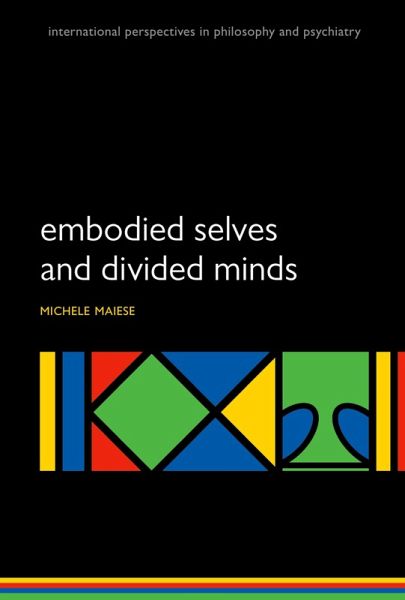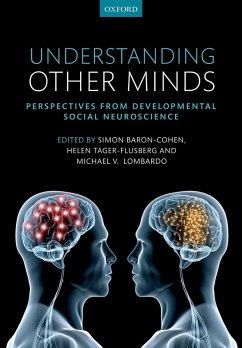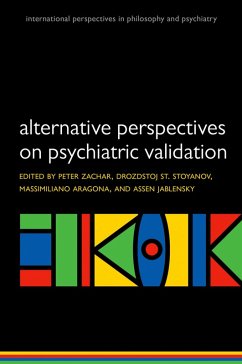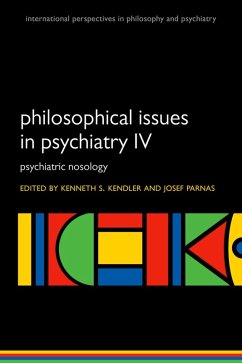
Embodied Selves and Divided Minds (eBook, PDF)
Versandkostenfrei!
Sofort per Download lieferbar
36,95 €
inkl. MwSt.
Weitere Ausgaben:

PAYBACK Punkte
18 °P sammeln!
Embodied Selves and Divided Minds examines how research in embodied cognition and enactivism can contribute to our understanding of the nature of self-consciousness, the metaphysics of personal identity, and the disruptions to self-awareness that occur in case of psychopathology. It begins with the assumption that if we take embodiment seriously, then the resulting conception of the self (as physically grounded in the living body) can help us to make sense of how a minded subject persists across time. However, rather than relying solely on puzzle cases to discuss diachronic persistence and the...
Embodied Selves and Divided Minds examines how research in embodied cognition and enactivism can contribute to our understanding of the nature of self-consciousness, the metaphysics of personal identity, and the disruptions to self-awareness that occur in case of psychopathology. It begins with the assumption that if we take embodiment seriously, then the resulting conception of the self (as physically grounded in the living body) can help us to make sense of how a minded subject persists across time. However, rather than relying solely on puzzle cases to discuss diachronic persistence and the sense of self, this work looks to schizophrenia and dissociative identity disorder as case studies. Here we find real-life examples of anomalous phenomena that signify disruptions to embodied self-experience and appear to indicate a fragmentation of the self. However, rather than concluding that these disorders count as genuine instances of multiplicity, the book's discussion of the self and personal identity allows us to understand the characteristic symptoms of these disorders as significant disruptions to self-consciousness. The concluding chapter then examines the implications of this theoretical framework for the clinical treatment of schizophrenia and dissociative identity disorder. Embodied Selves and Divided Minds reveals how a critical dialogue between Philosophy and Psychiatry can lead to a better understanding of important issues surrounding self-consciousness, personal identity, and psychopathology.
Dieser Download kann aus rechtlichen Gründen nur mit Rechnungsadresse in A, B, BG, CY, CZ, D, DK, EW, E, FIN, F, GR, HR, H, IRL, I, LT, L, LR, M, NL, PL, P, R, S, SLO, SK ausgeliefert werden.













